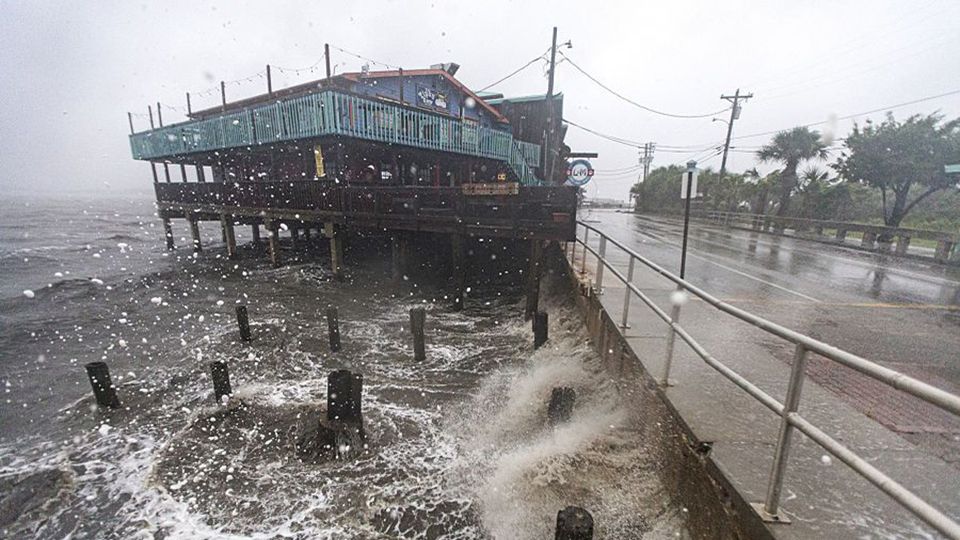Although 80% of investors in Hong Kong, Singapore and China think environmental and ethical issues are “central” to managing their investment, only a quarter explicitly include ESG in their decisions, the survey found.
There is a disconnect between intentions and actions among the region’s investors, according to an HSBC Asset Management (AM) survey.
A lack of suitable sustainable investment products and limited choices are major barriers to sustainable investing.
“While awareness for ESG issues has intensified, our survey still revealed a significant gap between investors’ intentions and actions in sustainable investing,” Pedro Bastos, chief executive officer for Asia-Pacific at HSBC AM, said in a statement.
The survey was based on research conducted by Core Data Research of 250 investors with at least $250,000 of investable assets in each of the Hong Kong, mainland China, Singapore and UK markets between 1 January and 28 February 2021, as well as 100 advisers in each market with average assets under advice of between $100m and $500m.
On average, 64% of investors in the three Asian markets said that the Covid-19 pandemic has raised their awareness of ESG considerations and prompted them to re-evaluate ways of investing.
In these markets, 84% of investors believe sustainable, environmental and ethical issues are central to managing their investments: Hong Kong (84%), mainland China (89%) and Singapore (80%).
However, around 65% of investors say they do not want to lose out financially when tackling ESG issues, with mainland Chinese investors (69%) most averse to losses.
Their fears and scepticism contribute to a reluctance to incorporate environmental and ethical factors in their decision making.
Only a quarter (26%) of their investments explicitly consider ESG factors compared with the UK (33%). Moreover, 60% said they do not know how to approach ESG investments.
Advisory failures
Close to half of investors across the three Asian markets pointed to a lack of sustainable investment products that meet their needs and concerns, with mainland Chinese investors expressing the biggest concern (57%), followed by Hong Kong (48%).
Part of the problem is also inadequate advice.
Only 28% of investors in the three Asian markets think their advisers are knowledgeable about ESG issues and investing, while about two in five (39%) advisers in the region acknowledge this to be true.
Moreover, 37% of investors do not want to limit the range of sectors or companies they invest in and about one third cited high costs as a hurdle. In Hong Kong, 30% of investors also said they have not been offered ESG products.
Fund advisers confirmed that a shortage in suitable products (60%) was the biggest barrier, followed by a lack of client demand for sustainable investments (57%).
“These findings seem to conflict with the importance that investors attach to ESG issues, indicating poor levels of communication between advisers and their clients,” noted HSBC AM.
However, private banks recognise the increasing demand for ESG products among their wealthy clients. For instance, DBS Private Bank last month said it would onboard more sustainable products.
Latent demand
Fund managers should also be encouraged that half of wealthy investors in Asian markets surveyed believe their portfolio will comprise 100% sustainable investments in the next three to five years.
In mainland China, the proportion is 54%, in Hong Kong 51% and Singapore 46%, compared with only 34% of investors in the UK.
The key drivers for future take up of ESG investments include products matching risk and return goals, a wider range of ESG investment vehicles and strategies, government incentives and better information on investment performance and ESG issues, according to HSBC AM.
The survey revealed that sustainability (62%), environmental impact (57%) and climate change (52%) are the top three ESG issues for investors across the three Asian markets, except for mainland China where consumer protection (50%) is considered slightly more important than climate change (47%).
On the other hand, advisers attach more weight to environmental impact (77%), climate change (66%), clean and/or renewable energy (65%).
Multi-asset ESG investments are popular among Hong Kong and Singapore investors while mainland Chinese investors prefer thematic funds, according to the survey.









